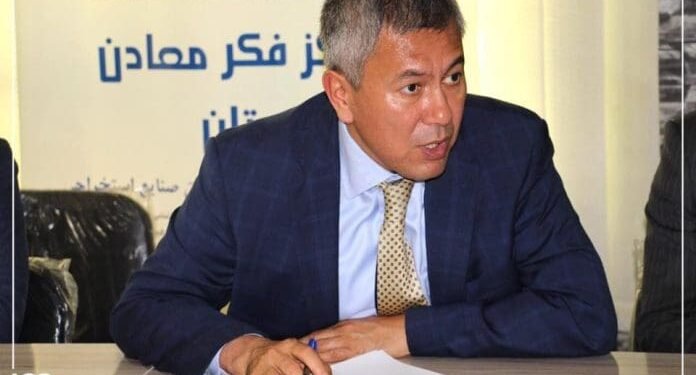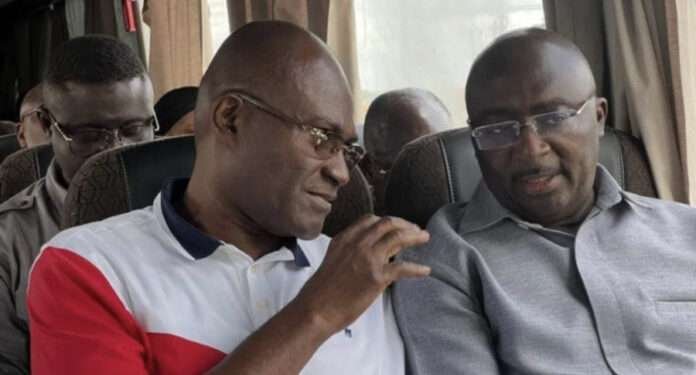Walk the streets of Accra, Kumasi, or Takoradi and you will see evidence of Ghanaian talent everywhere: musicians composing songs that travel the continent, tech-savvy youth building apps, artisans with fine craftsmanship, athletes and scholars succeeding abroad.
Yet when measured against the gains many of those talents could deliver for society, the country often falls short.
The problem is less a shortage of ability than a shortage of sustained, organized drive, a will to turn brilliance into broad-based prosperity.
The debate over Ghana’s place on the global film map has resurfaced, this time sparked by Nigerian filmmaker J Leo Uche, who believes the country sits on a goldmine of talent and resources yet continues to miss opportunities that could catapult its film industry onto the world stage.
Uche lamented the lack of bold, decisive steps from Ghanaian filmmakers and stakeholders as a major hurdle.
“Like the FESTAC Africa Festival, I didn’t see much of Ghanaians coming in and taking over the whole place. At one point, I thought maybe it wasn’t properly promoted or people didn’t have the information. But Ghana was the host nation, so that kind of absence was shocking. You just can’t understand it.”
Uche
According to him, this was in sharp contrast to when Nigeria hosted FESTAC, where the festival drew such overwhelming participation that “they had to build a place called FESTAC Estate—whole estates just to accommodate foreigners.”

For Uche, this level of commitment highlighted the zeal Ghana currently lacks. “I feel Ghana has not been tapped in terms of talent, skills and experience. The zeal is not really there compared to what others are doing with their film industries in other parts of Africa,” he said.
Uche is not new to Ghana’s creative scene. Fourteen years ago, he worked on the film, ‘The Tribe’, and recalled being impressed by the raw potential of the country’s film sector. But today, he said that the energy has fizzled.
The Monkey Business director praised Ghana’s pool of world-class actors with names respected across the continent but expressed disappointment that many have relocated to Nigeria in search of better opportunities.
“Ghana has so many fantastic actors, but now the majority prefer to move to Nigeria and continue their careers there. I’ve worked with Van Vicker, Juliet Ibrahim, and many more. They are top-notch, and they’ve maintained that standard, but I believe there is much more that can be done.”
Uche
He noted that Ghana could learn from Nigeria, adding that consistency and collaboration is key.
“Nigeria thrives on constant content production, strategic marketing, and strong partnerships among stakeholders. If Ghana invests in local talent, embraces digital platforms, and encourages cultural exchange, the industry will grow, gain global recognition, and tell its unique stories to the world.”
Uche
Ghanaian success stories are numerous. Creative industries like the music, fashion, film, and visual arts have produced internationally recognized names and a vibrant informal economy.
In sports and academia, Ghanaians have earned scholarships, professional contracts, and global recognition. On the tech front, a growing community of startups, coding bootcamps, and incubators demonstrates entrepreneurial capacity and technical know-how.
The diaspora includes medical professionals, engineers, and business leaders who showcase world-class competence.
These examples prove that the supply of talent is not the limiting factor. Young people in Ghana have creativity, education, and ambition. The problem is getting that talent to commit to long-term projects that build institutions, create quality jobs, and scale solutions across the country.
Why Talent Doesn’t Consistently Translate Into Drive
When rules are unclear or unevenly applied, merit and hard work lose their signaling power. Perceptions of corruption, nepotism, and political patronage make entrepreneurship and public service riskier and less rewarding.

Talented people often conclude that effort does not reliably lead to fair reward, which blunts long-term commitment.
Many innovative ideas die for lack of funding, mentorship, or distribution channels. Micro and early-stage capital are scarce relative to demand; regulatory hurdles and high transaction costs make scaling costly. Without clear pathways to finance and markets, many talented entrepreneurs either stall or emigrate.
While Ghana has strong theoretical education in many areas, practical and vocational training often lags behind market needs. The result is a mismatch: graduates with credentials but limited experience in entrepreneurship, industry partnerships, or applied skills. That gap reduces confidence and the readiness to pursue ambitious ventures.
When local opportunities are limited, the best minds often leave for higher pay and better infrastructure abroad. This “exit” dynamic takes away role models, mentors, and institutional memory that are critical to sustaining drive at home.
A culture that sometimes stigmatizes failure, prioritizes job-seeking over value creation, or overemphasizes short-term gains discourages risk-taking. Coupled with low civic confidence, belief that collective action change outcomes, many talented people aim for personal success rather than public entrepreneurship or institution-building.
However, some will point to successful Ghanaian entrepreneurs, creatives, and community leaders as evidence that drive exists in abundance.
That is true, pockets of excellence do exist, but they are the exception, not the rule. Success stories often survive despite the system, not because of it.
The goal should be to move from isolated victories to a reproducible ecosystem that channels talent toward shared progress.
Ghana’s greatest asset is its people: their creativity, resilience, and intellectual capacity. The crisis is not talent, but the absence of a sustained, system-wide drive that channels that talent into durable institutions, quality jobs, and inclusive growth.
The solution is neither simple nor solely financial; it requires leadership to reform institutions, citizens to demand accountability, and a concerted effort to redesign incentives so that talent flourishes at scale.
If Ghana aligns opportunity with ability, its present promise becomes tomorrow’s prosperity.
READ ALSO: Ecobank Ghana Soars 10% as NewGold ETF Stumbles in GSE’s Penultimate Trading Week






















